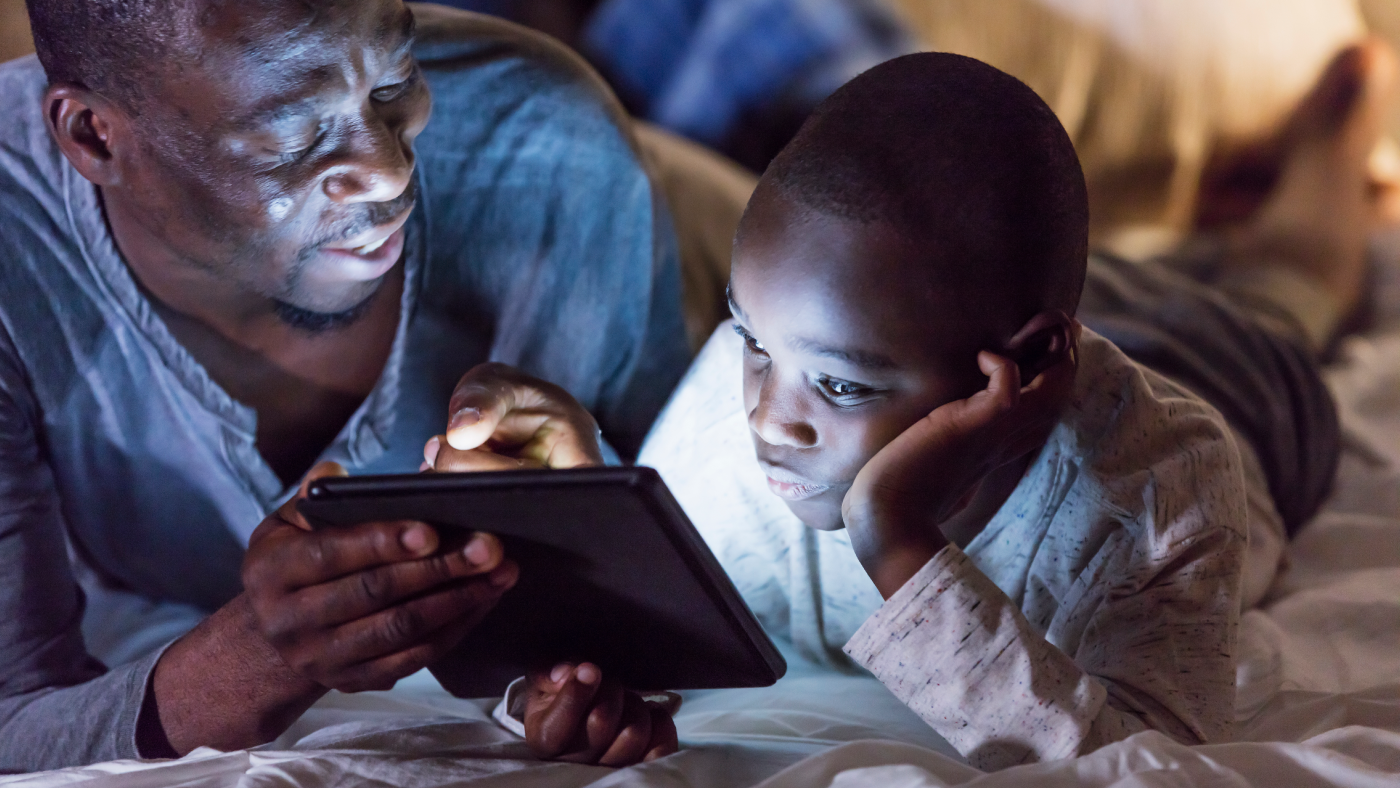How Mainstream Media Outlets Use Twitter
Twitter has been embraced by news organizations today, but is used in limited ways, according to a new study by the Project for Excellence in Journalism and The George Washington University.
Twitter has been embraced by news organizations today, but is used in limited ways, according to a new study by the Project for Excellence in Journalism and The George Washington University.
How American teens navigate the new world of "digital citizenship"
Lee Rainie discusses Pew Internet's most recent findings about Americans use the internet and their mobile devices to learn, share, and create information.
The parents of teenagers are steeped in technology and are increasingly involved with their kids’ lives in online environments.
The most popular category of apps downloaded by cell phone and tablet users are ones that provide regular updates on news, weather, sports or stocks. Nearly three-quarters (74%) of app downloaders have used an app that serves one or more of these functions.
Just under half (46%) of cell phone and tablet users who have downloaded apps say they have paid for an app at some point.
The share of cell phone owners who download apps nearly doubles in two years, but just 46% of downloaders have paid for an app.
Pew Internet Director Lee Rainie is giving the keynote address at the 16th annual Oregon Connections Telecommunications Conference. The theme of the conference is "Oregon Broadband: The Power of Adoption."
Key findings from a survey report on tablet news consumption by the Project for Excellence in collaboration with the Economist Group.
The most detailed study to date probes who tablet users are, how they get news and how willing they are to pay for it. See the report, infographic or slideshow.

Roughly four-in-ten Americans have experienced online harassment. Growing shares face more severe online abuse such as sexual harassment or stalking.
Two-thirds of parents in the U.S. say parenting is harder today than it was 20 years ago, with many citing technologies, like social media or smartphones, as a reason.
From distractions to jealousy, how Americans navigate cellphones and social media in their romantic relationships.
Majorities of U.S. adults believe their personal data is less secure now, that data collection poses more risks than benefits, and that it is not possible to go through daily life without being tracked.


